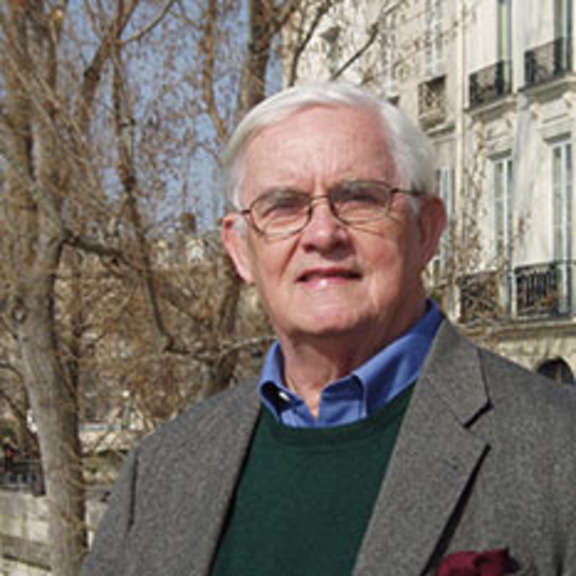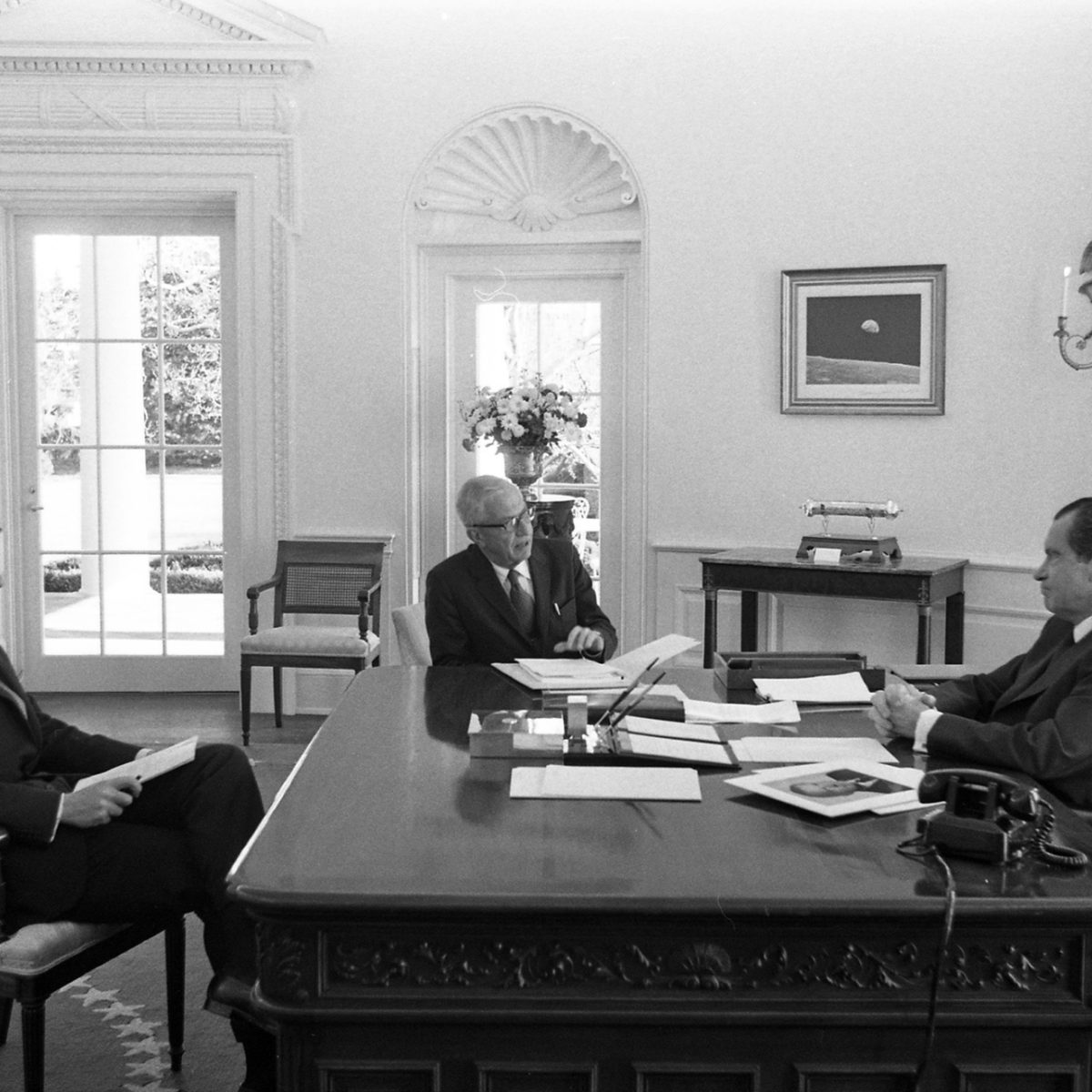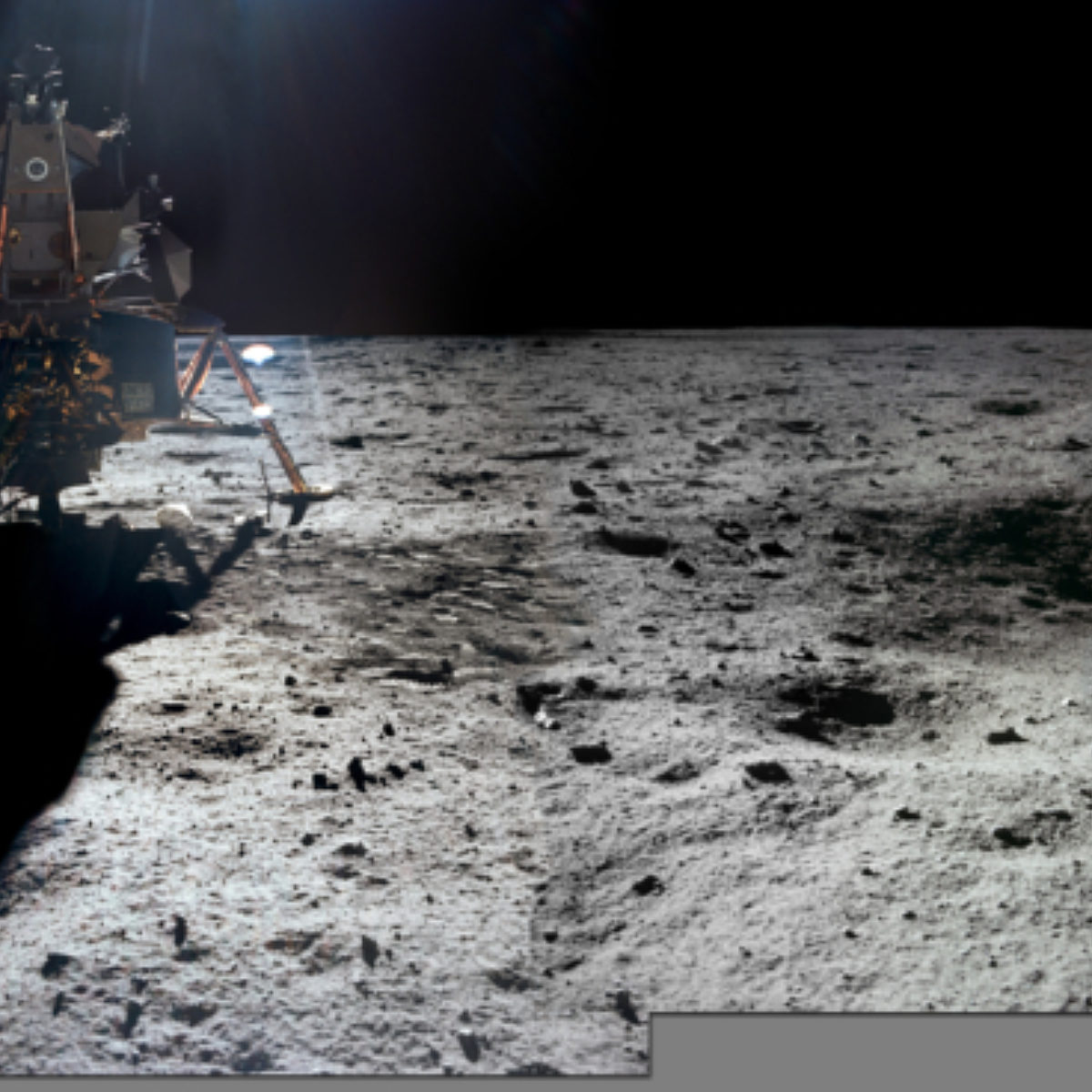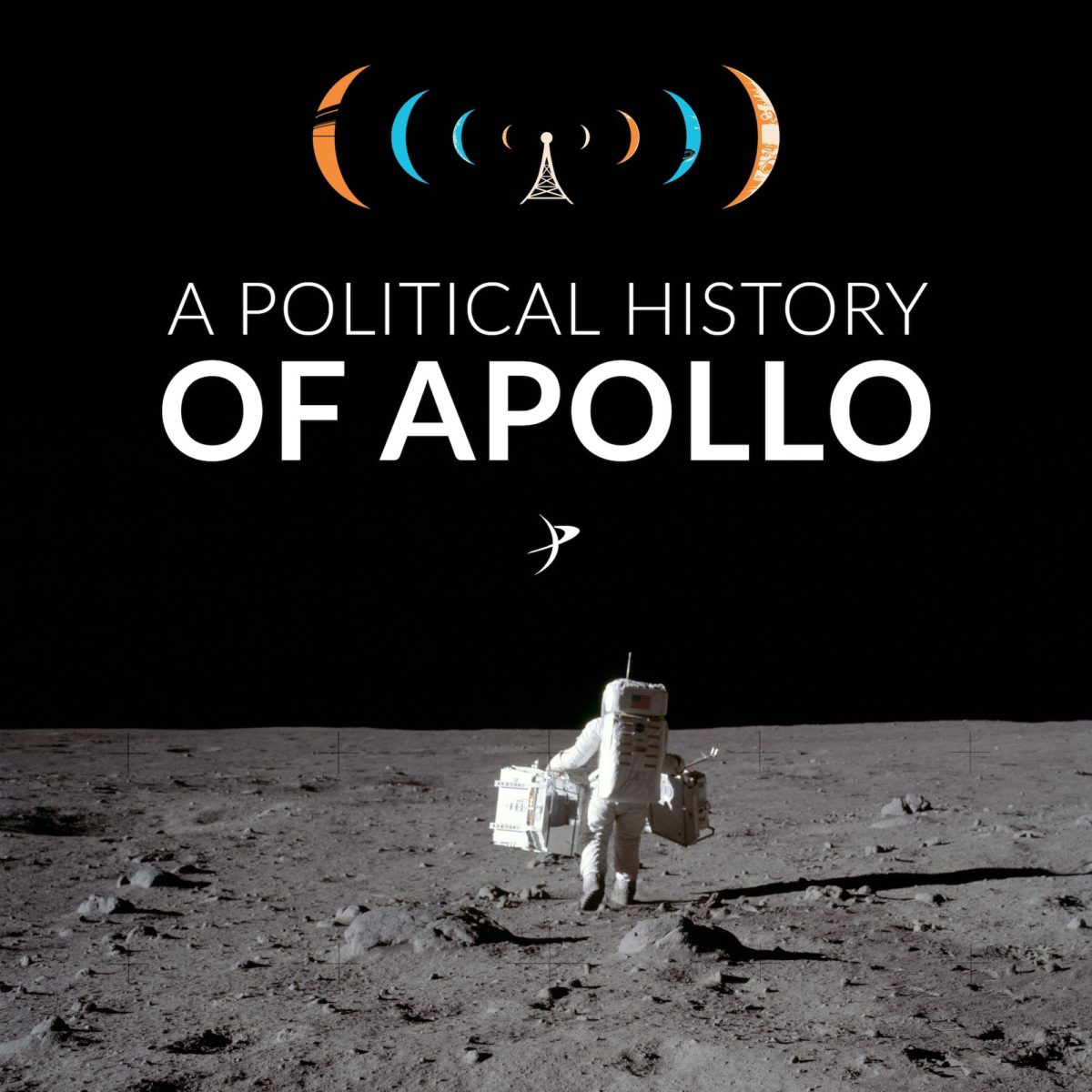
John M. Logsdon
Board of Directors of The Planetary Society; Professor Emeritus, George Washington University
Dr. Logsdon is Professor Emeritus of Political Science and International Affairs at George Washington University’s Elliott School of International Affairs. Prior to his leaving active faculty status in June 2008, he was on the faculty of the George Washington University for 38 years; before that, he taught at the Catholic University of America for four years. He was the founder in 1987 and long-time Director of GW’s Space Policy Institute. From 1983-2001, he was also Director of the School’s Center for International Science and Technology Policy. He was also a faculty member of the International Space University from 1988-2020. During 2008-2009, he held the Charles A. Lindbergh Chair in Aerospace History at the Smithsonian Institution National Air and Space Museum. He holds a B.S. in Physics from Xavier University (1960) and a Ph.D. in Political Science from New York University (1970).
Dr. Logsdon’s research interests focus on the policy and historical aspects of U.S. and international space activities. His book John F. Kennedy and the Race to the Moon was published in December 2010. The book was named the 2011 winner of the Gardner Lasser Aerospace History Award of the American Institute of Aeronautics and Astronautics and co-winner of Eugene M. Emme Astronautical Literature Award of the American Astronautical Society. His book, After Apollo? Richard Nixon and the American Space Program, was published in March 2015. It was selected as the 2017 recipient of the AIAA Gardner-Lasser award. His account of civilian space decisions during the Reagan administration, titled Ronald Regan and the Space Frontier, was published in January 2019; it won the 2019 AAS Emme Award. He is the editor of the Penguin Classics compilation The Penguin History of Outer Space Exploration: NASA and the Incredible Story of Human Space Exploration, published in September 2018.
Dr. Logsdon is also the author of The Decision to Go to the Moon: Project Apollo and the National Interest (1970) and general editor of the seven-volume series Exploring the Unknown: Selected Documents in the History of the U.S. Civil Space Program (1995-2008). He has written numerous articles and reports on space policy and history. Dr. Logsdon has lectured and spoken to a wide variety of audiences at professional meetings, colleges and universities, international conferences, and other settings, and has testified before Congress on several occasions. He has served as a consultant to many public and private organizations. He is frequently consulted by the electronic and print media for his views on space issues and has appeared as an expert on all major television networks and public radio.
In 2003 Dr. Logsdon served as a member of the Columbia Accident Investigation Board. He was a member of the NASA Advisory Council from 1998-2001 and from 2005-2009. He is a recipient of the Exceptional Public Service, Distinguished Public Service, and Public Service Medals from NASA, the 2005 John F. Kennedy Astronautics Award from the American Astronautical Society, the 2006 Barry Goldwater Space Educator Award from the American Institute of Aeronautics and Astronautics, the 2013 Frank Malina Space Educator Award from the International Astronautical Federation, and the 2019 Ordway Award for Sustained Excellence in Spaceflight History from the American Astronautical Society. He is a Fellow of the American Institute of Aeronautics and Astronautics, the American Astronautical Society, and the American Association for the Advancement of Science, and a member of the International Academy of Astronautics and former Chair of its Commission on Space Policy, Law, and Economics. He is a member of the Board of Directors of the Planetary Society. He was on the editorial board of the international journal Space Policy for many years and was its North American editor from 1985-2000.
Latest Articles
Society Board Member John Logsdon describes how the decisions made by Richard Nixon in late 1969 and early 1970 effectively ended human exploration beyond Earth orbit for the indefinite future.
Although Neil Armstrong may have passed away, his name will be part of human history forever.
Latest Planetary Radio Appearances
Mat Kaplan reports from the 2019 NIAC Symposium, a showcase of NASA-funded technologies hoping to revolutionize space exploration.
As NASA struggles to return humans to the Moon by 2024, it's worth asking: why did it stop in the first place? Space historian John Logsdon joins the show to discuss the politics behind the decision to abandon the Moon in 1972. Casey and Mat also discuss the proposal to offer a $2 billion prize for sending humans back to the Moon and establishing a base there, and why that's not good public policy.
After more than a decade's worth of work and billions of dollars spent, the United States could send humans to the surface of the Moon whenever it wanted. But after landing only six times, the country just walked away, closing down production lines, laying off tens of thousands of workers, and committing humans to low-Earth orbit seemingly indefinitely. Why did it end? And was this inevitable?


 Explore Worlds
Explore Worlds Find Life
Find Life Defend Earth
Defend Earth






